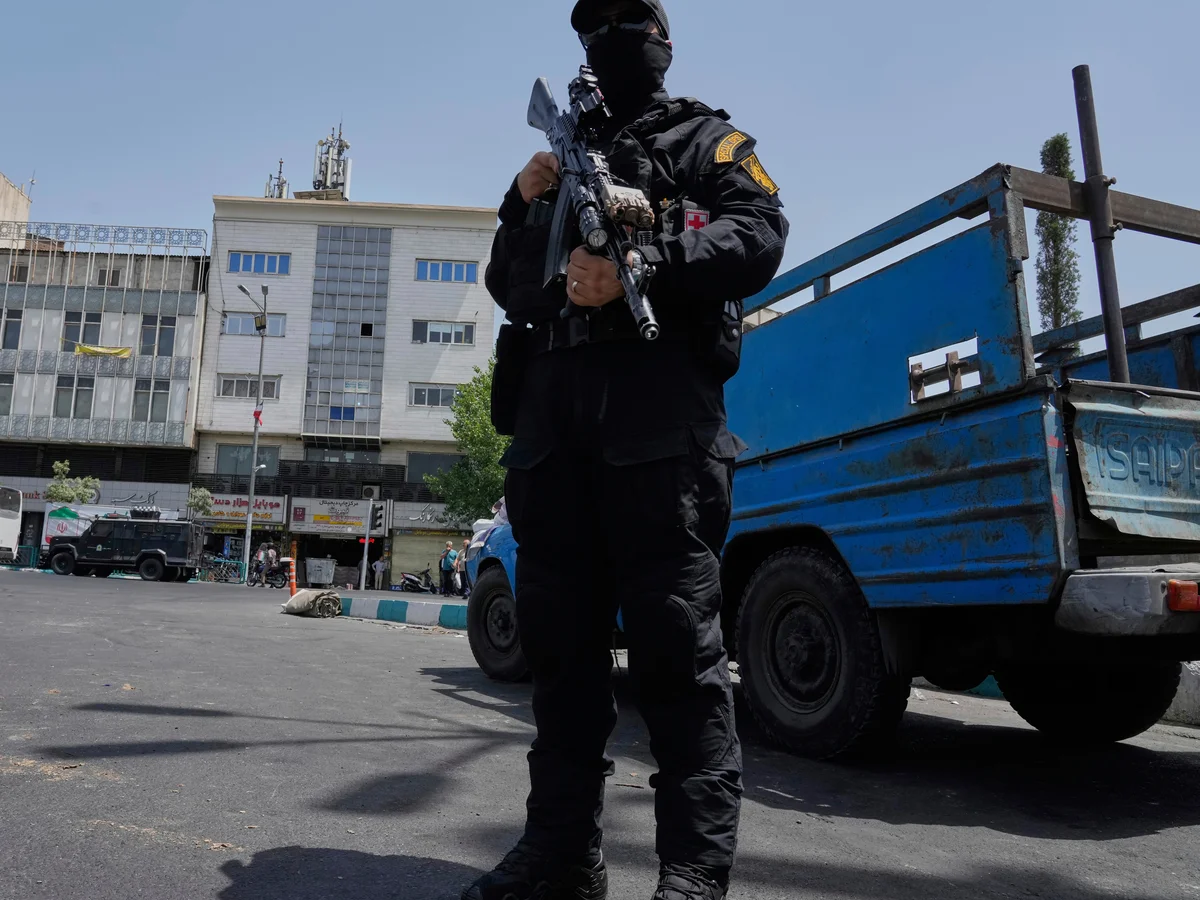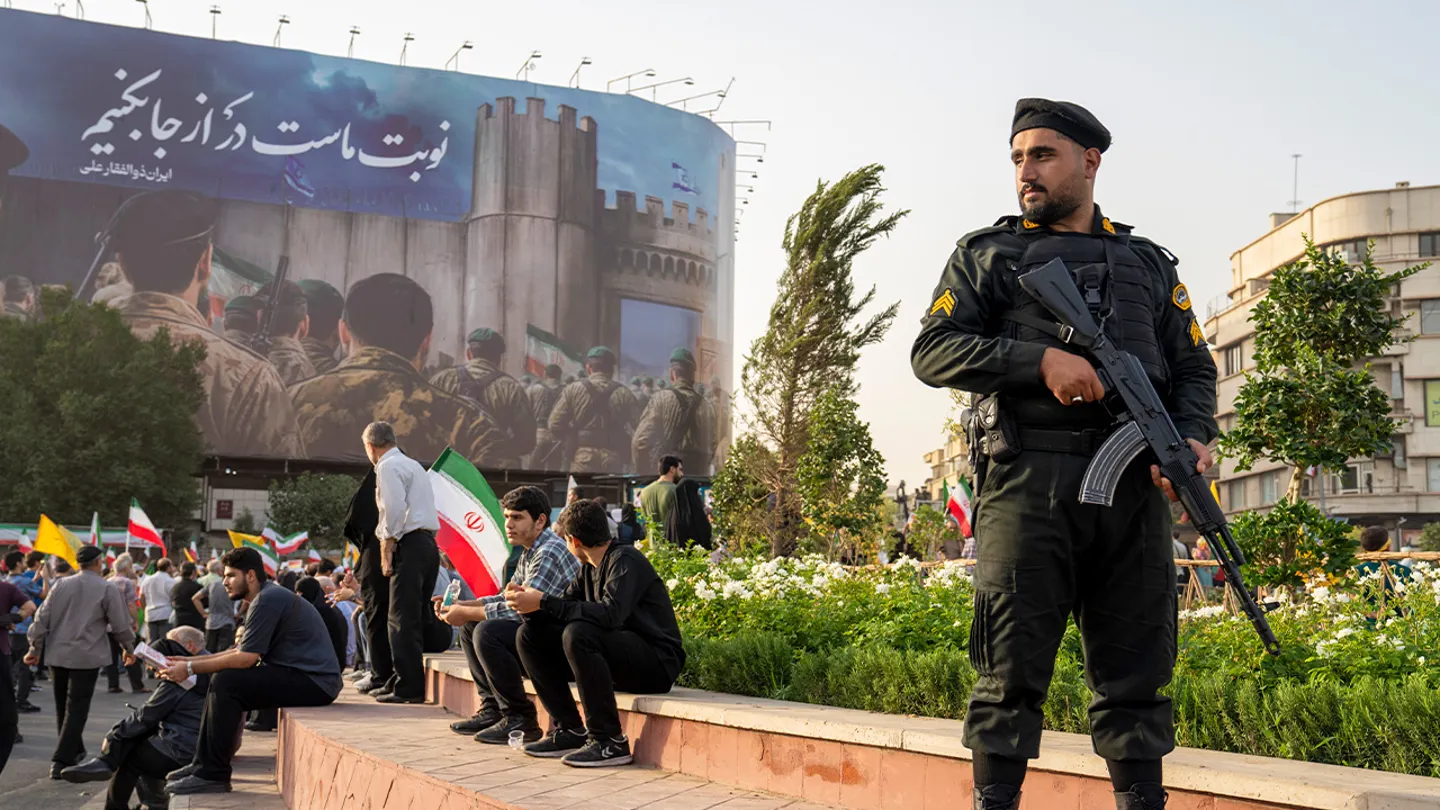Iran is facing significant internal unrest following a dramatic escalation in domestic security measures after Israel’s June 13 airstrikes, which reportedly destroyed three major Iranian nuclear sites. In response to these attacks, Iranian authorities have launched a sweeping crackdown, including mass arrests and executions.
The clampdown, widely reported by international and local media, appears aimed at suppressing any dissent or potential uprising within the country, amid fears of further instability.
Heightened Crackdown Crushes Uprising Hopes as Regime Faces Growing Internal and External Pressure
Following the strikes, Iranian security forces have increased their presence on the streets and launched widespread arrests targeting dissidents and those suspected of collaborating with foreign entities. According to Reuters, this wave of detentions and surveillance has affected hundreds of individuals.
The aggressive response has crushed hopes among Iranian opposition groups and some Israeli observers that a popular uprising or regime change might be imminent, as the environment becomes increasingly repressive.

Despite the heightened repression, frustration continues to simmer beneath the surface, with some Iranians blaming the regime’s aggressive foreign policies for provoking the war with the U.S. and Israel.
Saeed Ghasseminejad, an analyst at the Foundation for Defense of Democracies (FDD), criticized the regime for using fabricated charges and capital punishment as tools of fear. He claimed Israel’s Operation Rising Lion has exposed the Iranian regime’s vulnerabilities, suggesting its hold on power is more fragile than it appears.
Mass Arrests and Executions Signal Iran’s Harsh Response to Espionage Allegations
Human rights organizations and official state media both report large-scale detentions. HRANA confirmed that 705 individuals have been arrested for political or security-related reasons, a figure echoed by the state-run Fars News Agency, which accused the detainees of collaborating with Israel.
NBC News, citing IRGC-affiliated Tasnim News, reported that three alleged Mossad spies were executed for smuggling assassination equipment disguised as alcohol into the country. The executions appear to be part of a broader pattern of targeting individuals accused of espionage.
Human rights advocates have raised alarms about a growing list of individuals facing death sentences. Iran Human Rights (IHR) reported that at least six more people convicted of spying for Israel are at imminent risk of execution, with at least nine others already executed this year on similar charges.
The current climate in Iran reflects not only an intense internal crackdown but also a regime that appears increasingly fearful of internal dissent, seeking to reassert control through intimidation and capital punishment.












Leave a Reply